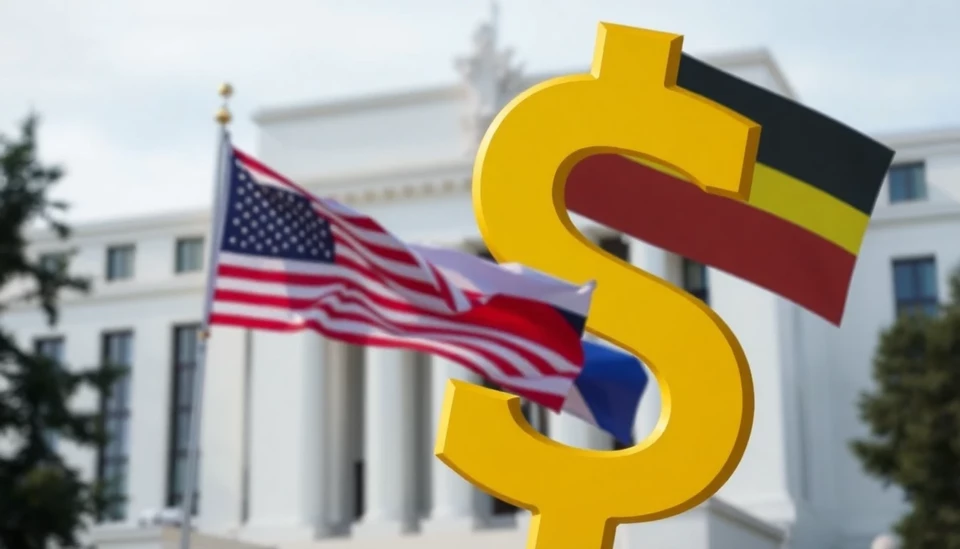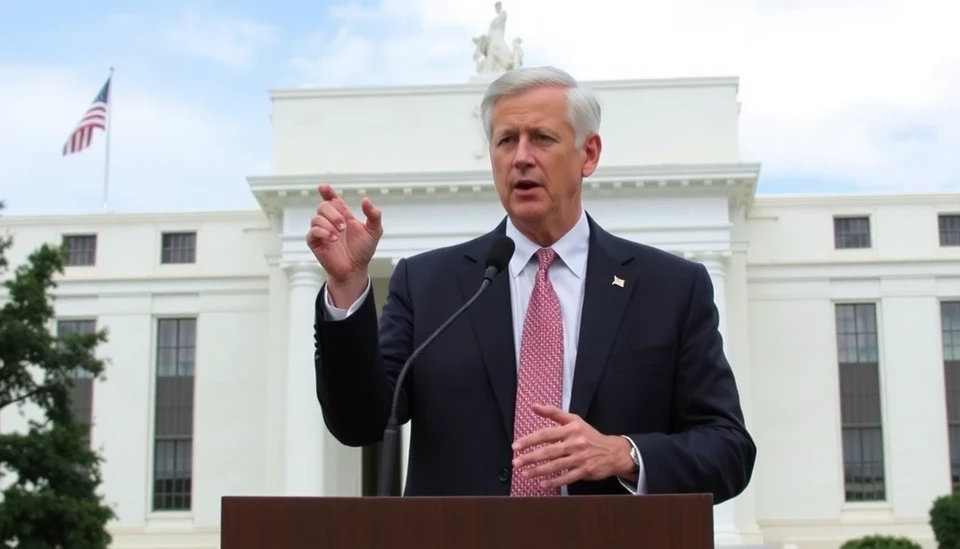
In a recent statement, Federal Reserve Bank of Boston President, Susan Collins, has drawn attention to an unavoidable surge in inflation consequent to tariff policies. This analysis comes amidst increasing concerns about the longer-term impact of tariffs on the overall economy.
Collins highlighted that the inflationary impact propelled by tariffs is becoming more pronounced, stating, "The effects are becoming inevitable, and we have to consider the broader implications as well." These remarks were made during a discussion focused on the Fed's monetary policies, which have been under scrutiny following the last few years of fluctuating prices in various sectors.
Tariffs, which are taxes levied on imported goods, have been a controversial tool employed by the U.S. government to protect domestic industries. However, as Collins argues, these measures can lead to increased costs for consumers and businesses alike. "The fundamental issue is that the tariffs have raised costs, which ultimately find their way to inflationary pressure in the economy," she explained.
The discussion surrounding tariffs and inflation is particularly pertinent as the Fed assesses its stance on interest rates. The prevailing sentiment within the central bank appears to be one of caution, with a focus on ensuring that any necessary rate adjustments consider the intricate dynamics of trade policies and their ripple effects on the economy.
Furthermore, Collins emphasized the need for a comprehensive approach to analyzing the economic landscape. By scrutinizing various factors—including inflation, employment rates, and global trade relationships—the Fed aims to make informed decisions that uphold the stability of the U.S. economy in an environment rife with uncertainties.
The ongoing dialogue about tariffs and their repercussions on the economy reflects an urgent need for policymakers to strike a delicate balance. With inflation appearing to be on an upward trajectory, the American public is keenly watching how the Fed navigates these complicated waters while aiming to mitigate adverse effects on growth and consumer confidence.
In conclusion, the insights shared by President Collins spotlight a critical aspect of economic policymaking in today's world. As tariff-driven inflation looms, the Federal Reserve's responses will be under close observation from both market participants and the general populace, highlighting the intertwined nature of domestic policies and global economic trends.
To stay informed on this evolving story and further discussions on inflationary trends and monetary policies, keep an eye on upcoming reports from the Federal Reserve and financial analysts.
#inflation #tariffs #FederalReserve #SusanCollins #economicpolicy #monetarypolicy #USAEconomy #tradepolicy
Author: Laura Mitchell




